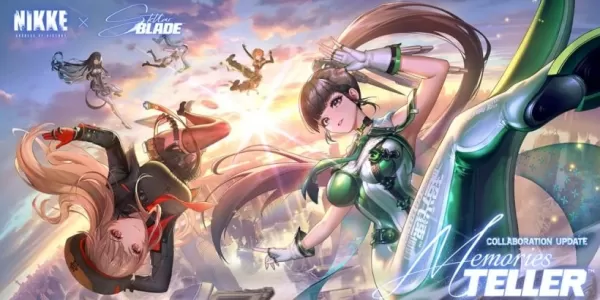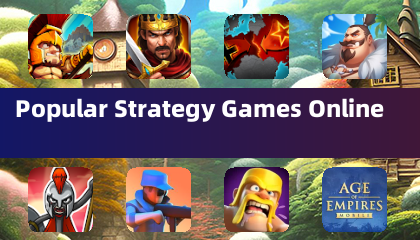Microsoft's recent unveiling of an AI-generated interactive space inspired by Quake II has ignited a fiery debate across the gaming community. This demo, powered by Microsoft's Muse and the World and Human Action Model (WHAM) AI systems, showcases a new frontier in gaming where gameplay visuals and player behavior are dynamically created in real-time. According to Microsoft, "In this real-time tech demo, Copilot dynamically generates gameplay sequences inspired by the classic game Quake II. Every input you make triggers the next AI-generated moment in the game, almost as if you were playing the original Quake II running on a traditional game engine."
However, the demo's reception has been overwhelmingly negative. After Geoff Keighley shared a video of the demo on X / Twitter, the response was swift and critical. Many gamers expressed concerns about the future of game development, fearing that AI-generated content might overshadow the human creativity that has long been the heart of the industry. One Redditor lamented, "Man, I don't want the future of games to be AI-generated slop. There will be a point where it will be easier to use AI, and then all the greedy studios will do it exclusively. The human element will be removed." Another critic pointed out the limitations of the current technology, questioning its ability to create a fully immersive and coherent gaming experience.
Despite the backlash, some saw potential in the demo. A more optimistic commenter noted, "It's a demo for a reason. It shows the future possibilities. Having an AI that is able to create a coherent and consistent world is crazy. But this cannot be used to create a full game or anything enjoyable. You cannot play this. Seems like a tool for early concept/pitching phase."
The debate over AI in gaming extends beyond this demo, touching on broader issues within the industry. Generative AI has been a hot topic, especially amidst significant layoffs and ethical concerns. Keywords Studios' failed attempt to create an experimental game using AI underscores the technology's current limitations. Yet, companies like Activision continue to explore AI's potential, as seen with their use of generative AI for some assets in Call of Duty: Black Ops 6.
The conversation around AI in gaming is further complicated by incidents like the controversial AI-generated Aloy video, which has sparked discussions about the rights and roles of voice actors in the age of AI. As the industry grapples with these challenges, the future of AI in gaming remains a contentious and evolving topic.

 LATEST ARTICLES
LATEST ARTICLES 











